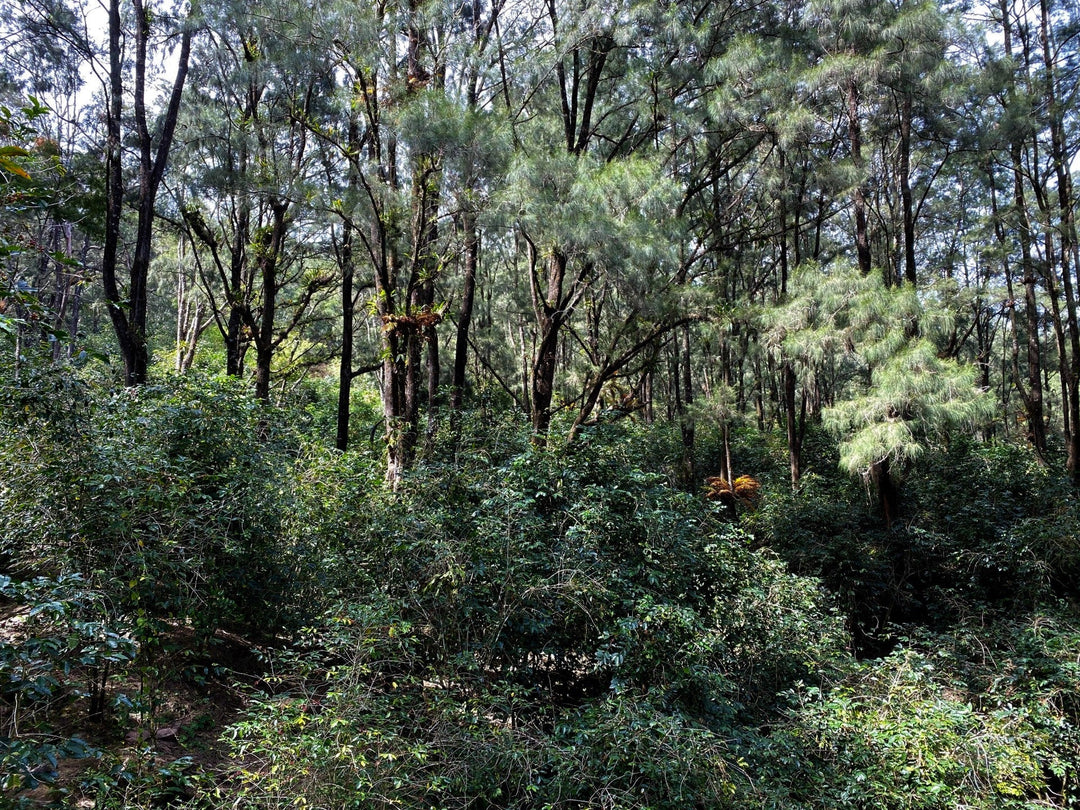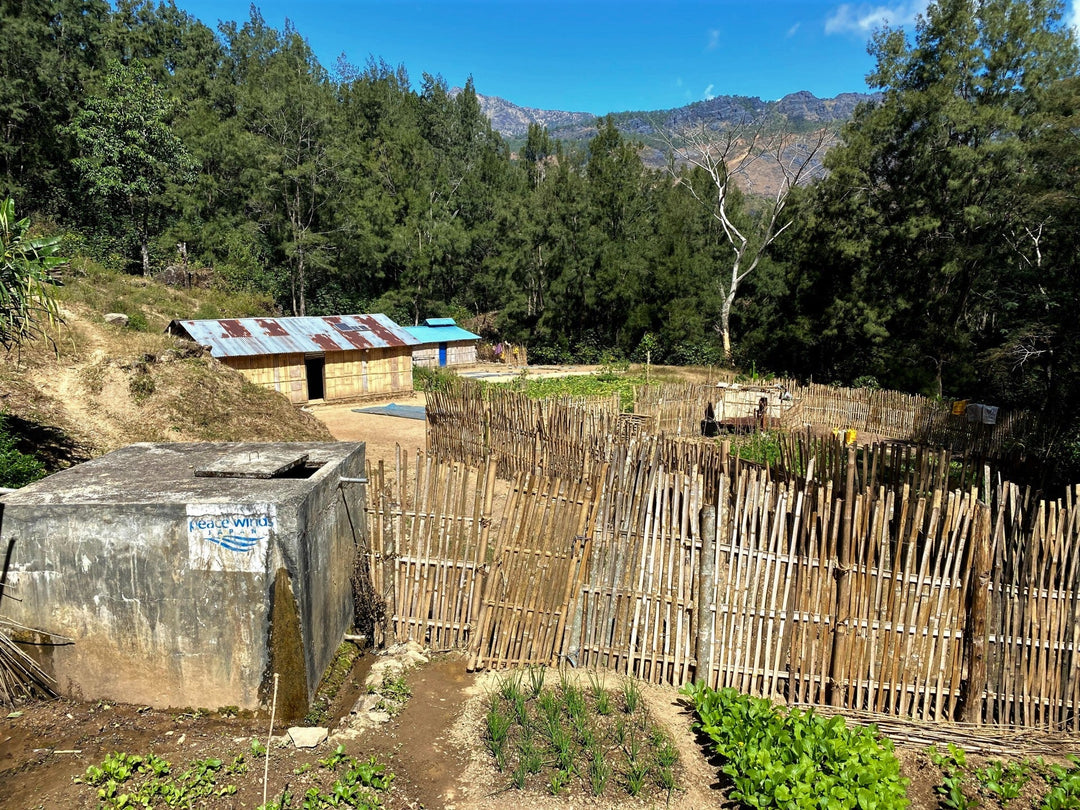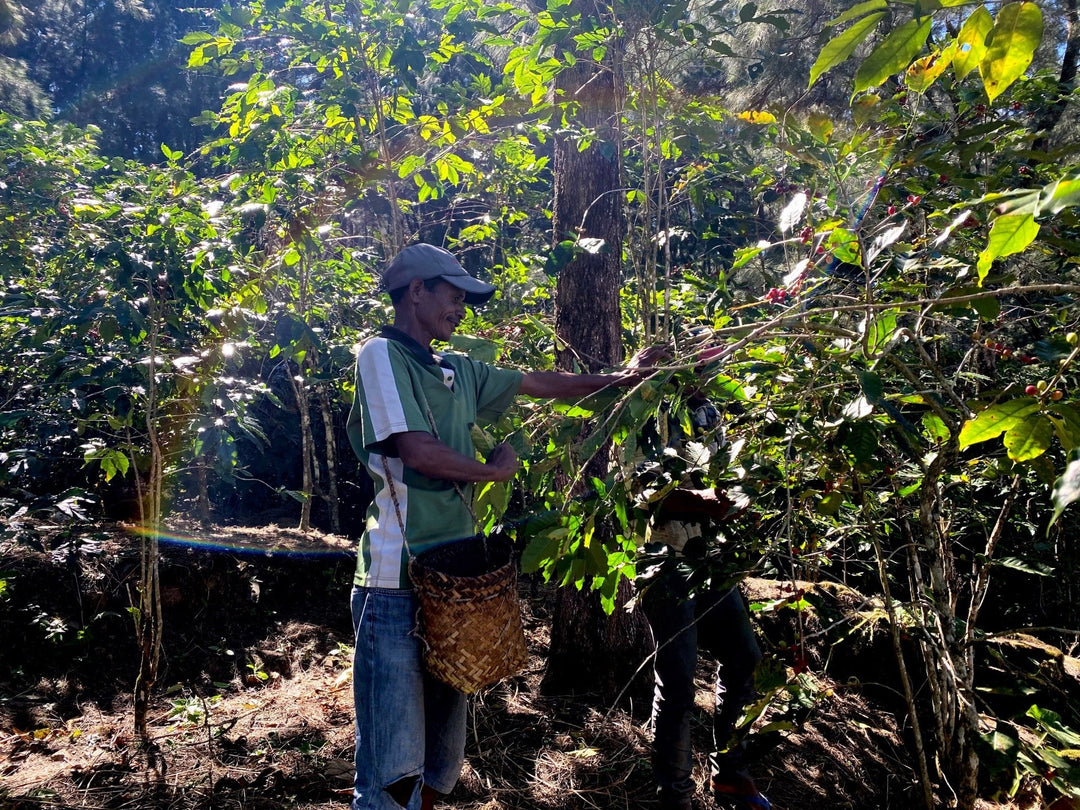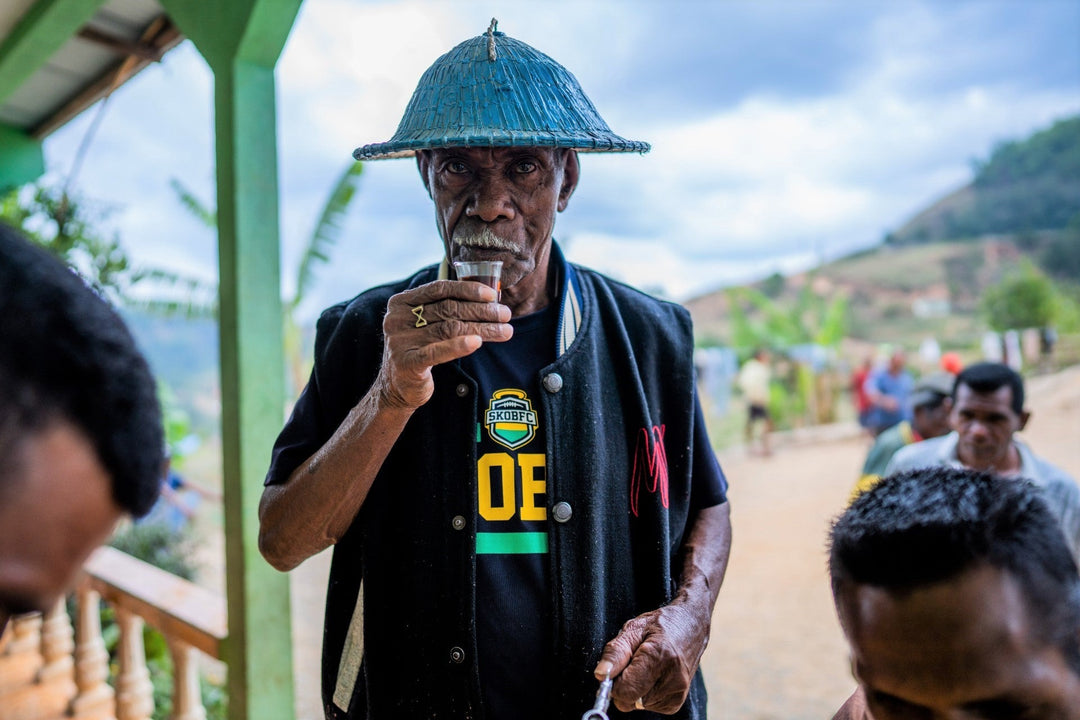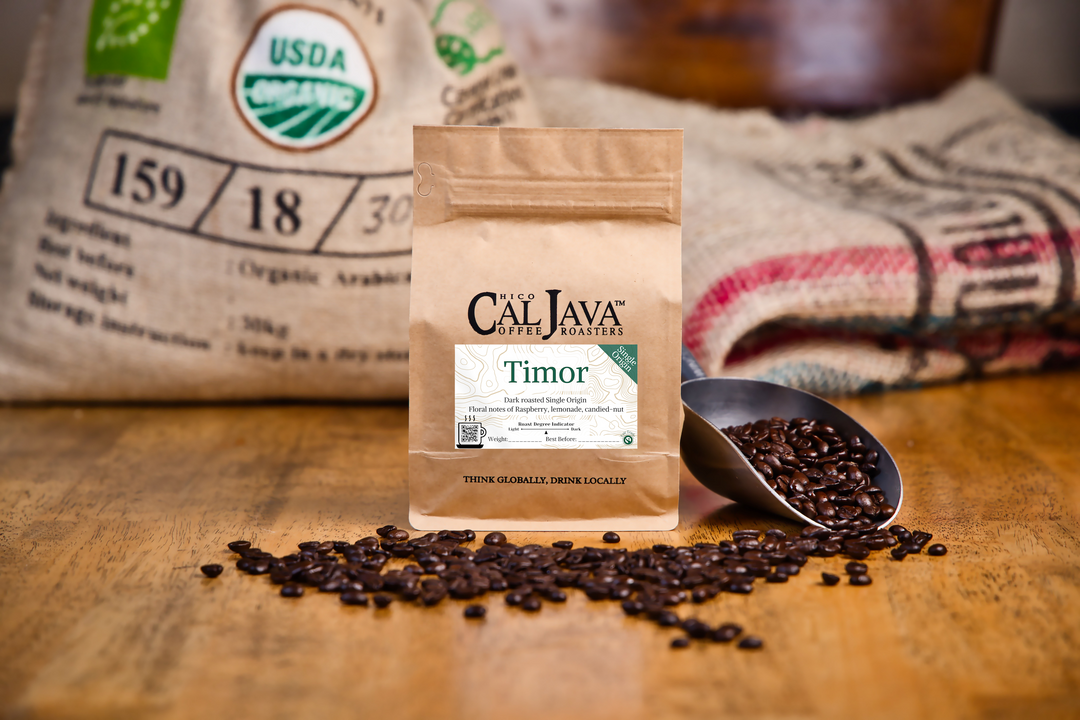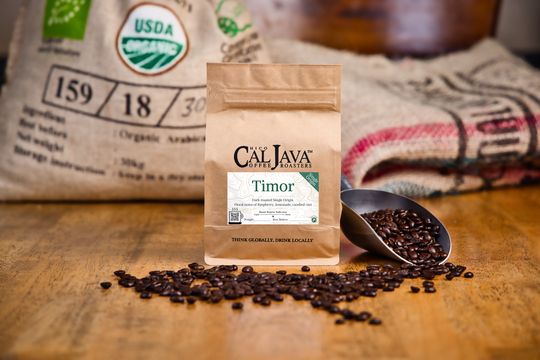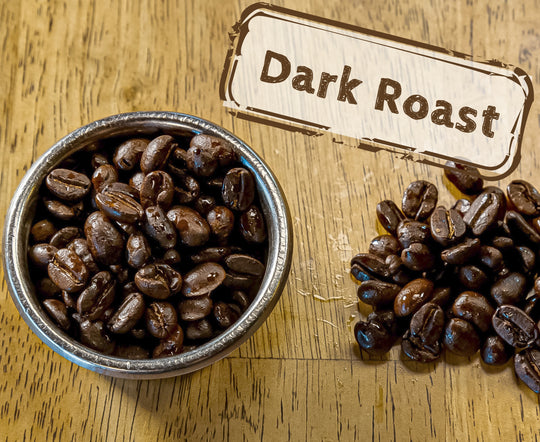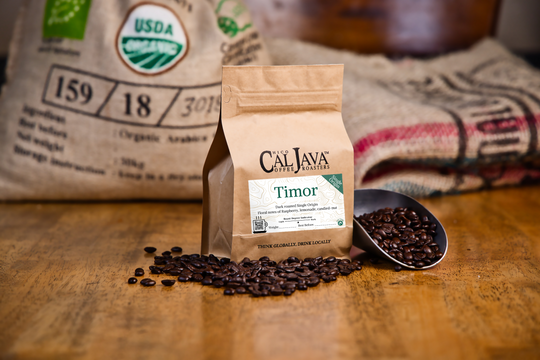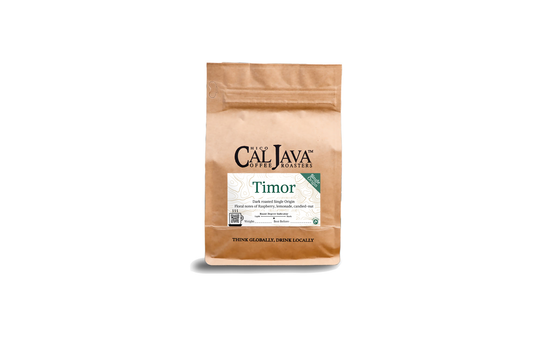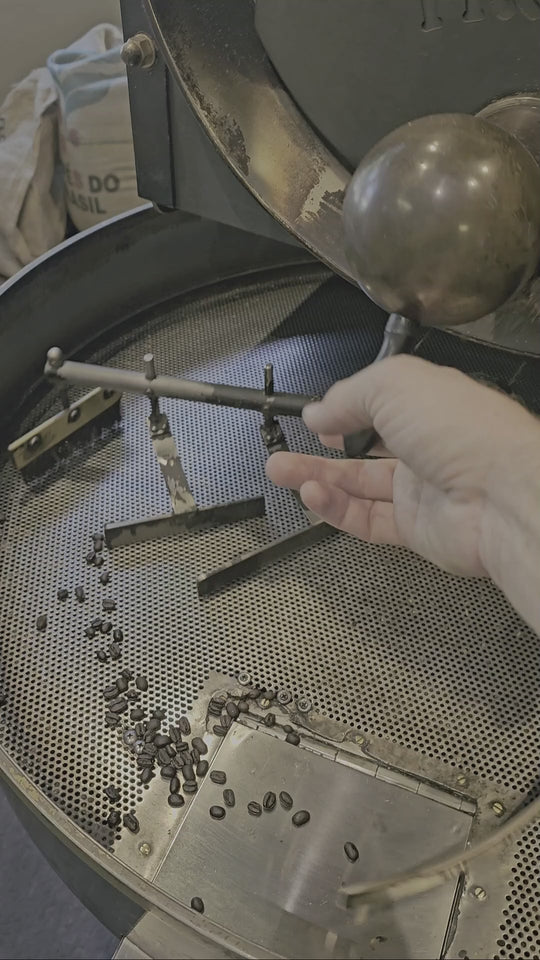Timor-Leste
Timor-Leste, formerly known as East Timor, has a rich coffee history that dates back to the mid-1800s when Portuguese traders first introduced the crop to the region. This shift was a strategic response to the dwindling sandalwood forests, which had been heavily exploited for international trade. By 1860, coffee had become a vital part of Timor-Leste's economy, accounting for at least half of the country's export value.
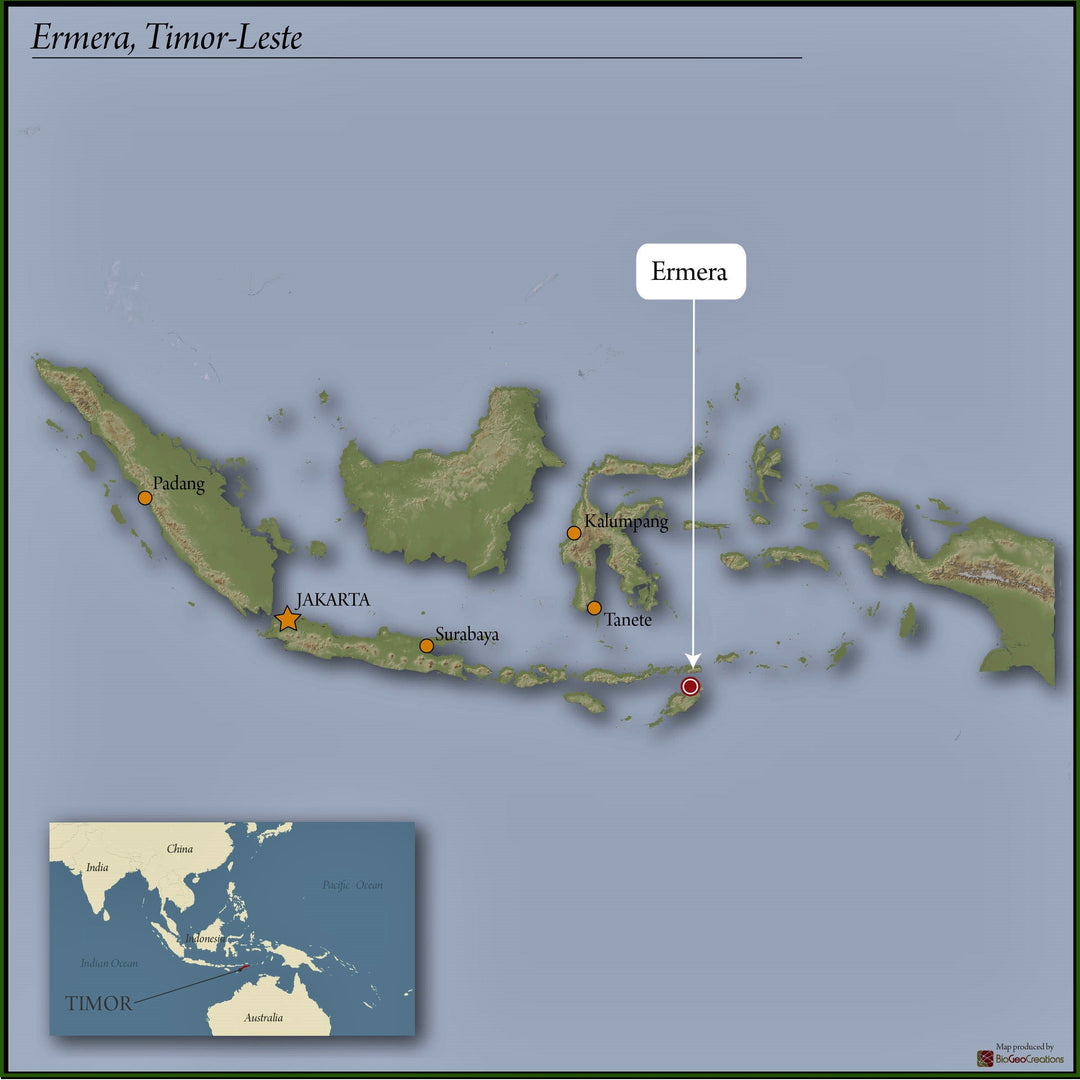
Café Brisa Serena
Coffee Background:
Despite its small scale, coffee production plays a crucial role in the lives of 25% of the Timorese population. The island's coffee industry is unique due to the Timor Hybrid, a genetic cross of local robusta and typica trees discovered in the 1920's, which has influenced coffee cultivation worldwide. The region's isolation has preserved endemic typica varieties, contributing to the distinctive flavor profiles found in Timorese coffee.
In the mountainous Ermera municipality, Cafe Bris Serena (CBS) has been working with smallholder farmers in developing sustainable coffee value chains for the past decade. The coffee from Ducurai village, produced by select farmers, showcases the dedication and craftsmanship of the local community. Harvested with care and processed using traditional methods, the coffee reflects the rich agricultural heritage of the region. CBS's commitment to training and investment in processing equipment has not only enhanced quality but also empowered local farmers economically.
Under the partnership between CBS and Peace Winds Japan, over 400 farmers in Letefoho benefit from sustainable farming practices and specialty coffee production. The organization's efforts have not only revitalized the coffee industry but also positively impacted the livelihoods of remote communities. Through their dedication to quality and community development, Cafe Brisa Serena has become a beacon of hope and prosperity for Timor-Leste's coffee sector, showcasing the potential of smallholder farming in creating sustainable and thriving industry.
